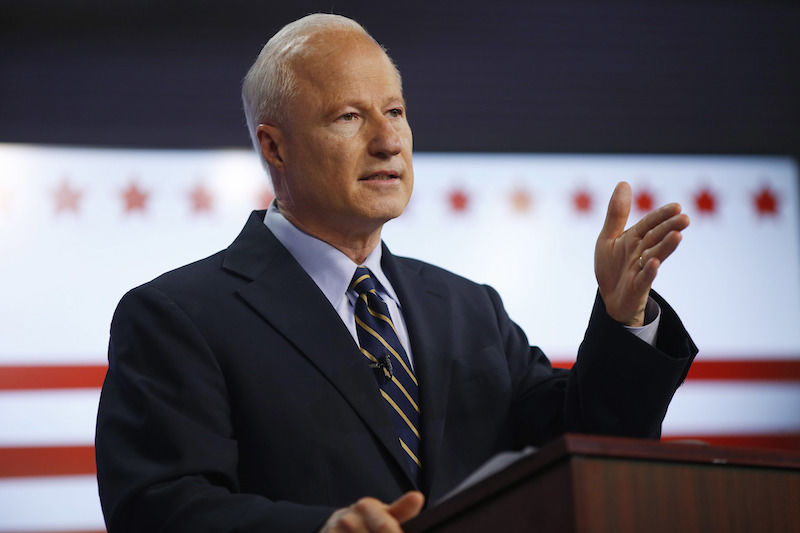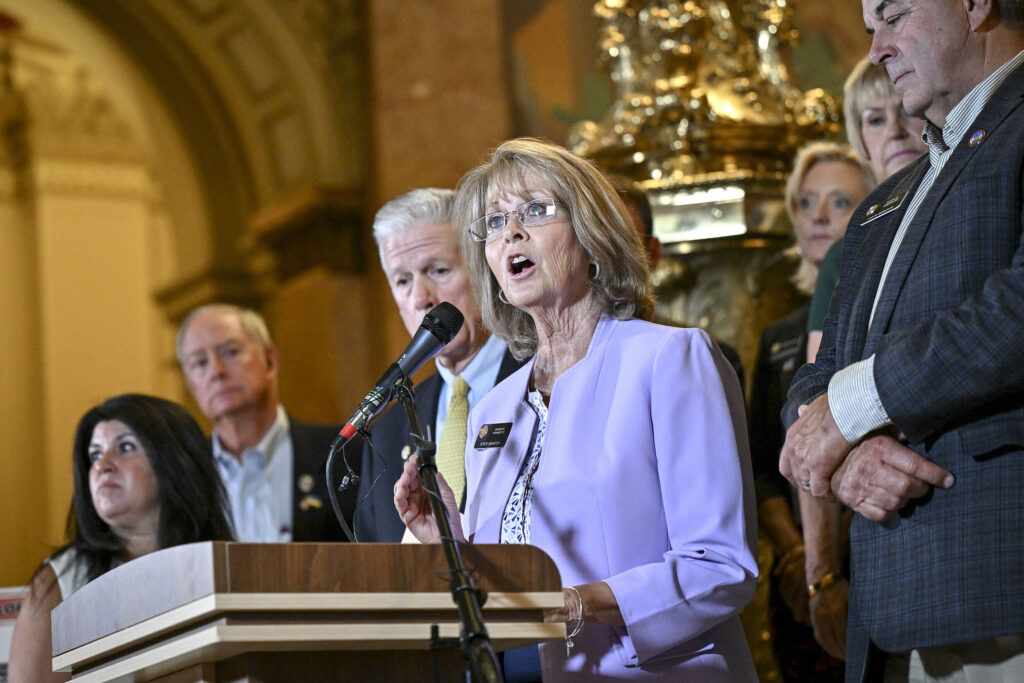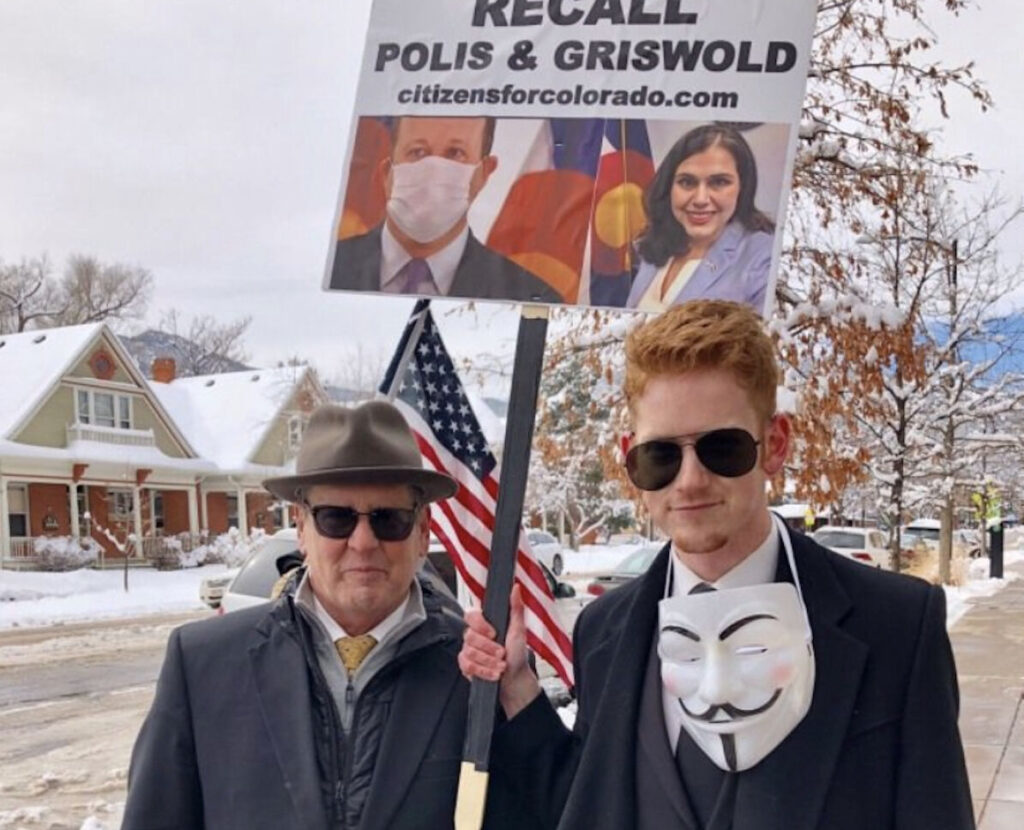Rep. Mike Coffman seeks to prevent some immigrant deportations

Washington – A bill introduced this week by a Colorado congressman seeks to prevent deportation for many foreigners living in the United States with temporary permission at a time immigration has become one of Washington’s hottest issues.
Rep. Mike Coffman, R-Aurora, wants to eliminate the Temporary Protected Status that gives immigrants only a limited right to enter and stay in the United States.
The bill also would give many of them enrolled in the Temporary Protected Status program a path to become legal residents.
“This program was a really bad idea from the start and is completely unrealistic in thinking that, once here, they would be willing to return to their home countries where conditions may have improved but are still nowhere near the living conditions here in the United States,” Coffman said about the Temporary Protected Status program.
Coffman introduced the “TPS Act of 2018” as a response to a Department of Homeland Security deportation threat this week.
The agency said the temporary resident status of 262,000 Salvadorans would be terminated in September 2019, forcing them to either leave the country or find another legal path to remain in the United States.
Coffman said his bill would not increase the number of immigrants. Instead, it would keep immigration levels the same by subtracting the number of Temporary Protected Status enrollees from the total number of foreigners allowed to reside in the United States.
Congress enacted the Temporary Protected Status program as part of the Immigration Act of 1990. It was intended to protect foreign citizens unable to return to their home countries because of armed conflict, civil war, hurricanes or earthquakes.
The Department of Homeland Security makes the determination of which countries qualify under the program. Afterward, its citizens can stay in the United States for six to 18 months if they pass a background check.
They can renew their residency indefinitely until conditions in their home countries improve.
The Congressional Research Service reports there are more than 436,000 foreigners living in the United States under Temporary Protected Status. About 90 percent, or 262,000, come from El Salvador, 86,000 from Honduras, another 58,000 from Haiti and 6,000 from Nicaragua.
The biggest portion of them arrived in 2001 after an earthquake devastated El Salvador.
The Department of Homeland Security did not enforce the requirement that they return to their country after the reconstruction.
Meanwhile, many of them have held the same jobs since their arrival or started their own businesses, Coffman said. Many also had children or grandchildren born in the United States.
The TPS Act of 2018 would “give them a path to legal permanent residency and remove the fear of deportation,” Coffman said.
He introduced his bill during a week when the Trump administration suffered a major setback in trying to deport some immigrants and a group of senators announced a breakthrough on immigration reform.
A U.S. District Court judge in San Francisco overruled President Donald Trump’s decision to end the Deferred Action for Childhood Arrivals, or DACA, program. The program protects young immigrants from deportation if they were brought to the United State illegally by their parents.
Trump said in a Twitter message the ruling showed the court system was “broken and unfair.”
While Trump continued his complaints Thursday, Colorado U.S. Senators Michael Bennet (D) and Cory Gardner (R) released a statement saying they had reached a bipartisan agreement on DACA and other immigration issues.
“President Trump called on Congress to solve the DACA challenge,” the statement said. “We have been working for four months and have reached an agreement in principle that addresses border security, the diversity visa lottery, chain migration/family reunification, and the Dream Act-the areas outlined by the president. We are now working to build support for that deal in Congress.”
Joining the Colorado senators in forging the agreement were U.S. Senators Lindsey Graham, R-S.C., Dick Durbin, D-Ill., Jeff Flake, R-Ariz., and Robert Menendez D-N.J.
However, the self-proclaimed “Gang of Six” senators did not describe how they would reach agreement in Congress and from the Trump administration to get their agreement enacted into law.













